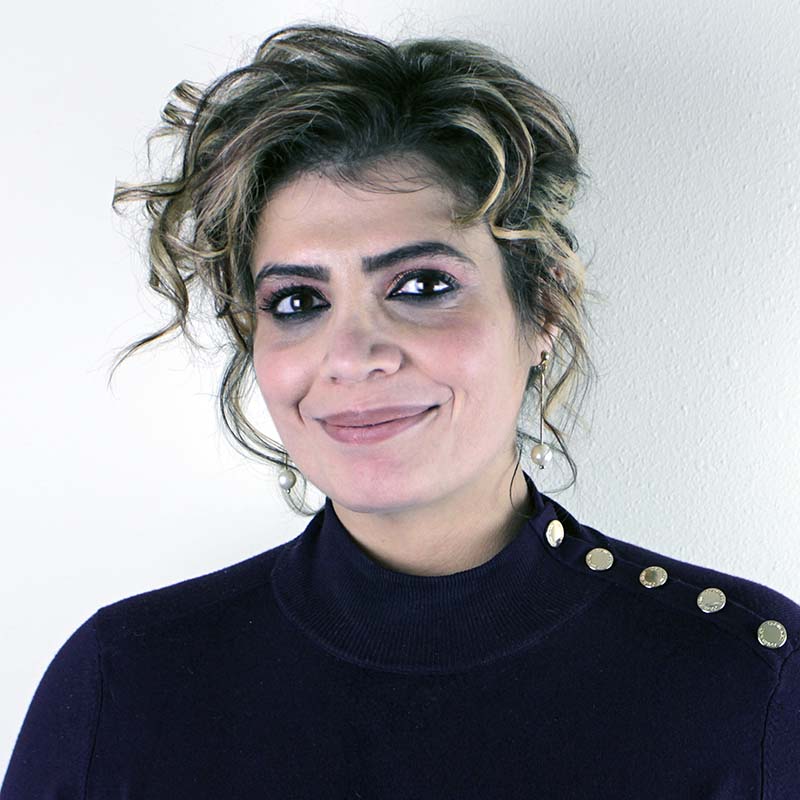There seems to be no shortage of reasons to feel defensive as of late. When we perceive a threat, or that someone has trespassed our boundary, we are being given an opportunity of reaction. The circumstances of the confrontation are vast and varied. You may feel solicited to respond to something on social media; here, time is on your side. You have the chance to be calculated, revise. In face to face interactions confrontational composure can be less accessible. However it manifests, trusts that it will because life is life. But also trust that with some practice that you are in control of your reaction. You don’t have to be caught off guard.
If your knee-jerk response is visceral, automatic and not reflective of our highest self, don’t sweat it, that’s natural. The goal is to be able to take a cognitive time out even if it’s just for a split second to decide how you choose to react instead of full steam ahead reacting. This momentary timeout confronts why that knee-jerk reaction is what it is.
Is it because a boundary of yours has been violated? Is it self-protective? Are you acting out of anger? Are you engaging in old patterns that no longer serve you? Do you want to retreat and not say anything? Is silence appropriate? A yes answer to any one of these is not wrong. It’s just another guiding light.
In this mental flow chart, you follow up with the yes. If for instance defending your position with anger is a truly valid feeling, if it protects something that is intentionally under guard, then the next step is to weigh the pros and cons. The pros are how it will affect the situation positively. This can be as simple as I will feel true to myself, I will feel protected, I will feel in control. It could be that you feel like you will clear the air or provide insight into the situation. The cons are less fun, what are the ramifications? Am I opening a can of worms? Will this cause me more harm than good in the long run? How will this make the other person feel? Is it worth it?

Clinical Director Therapist
Lana Reihani, LPCC, is a Clinical Mental Health Therapist, Clinical Supervisor, and Clinical Director with Sage Neuroscience Center. She is passionate about strengthening evidence-based clinical practices with radical empathy and a touch of humor, delivered with safety, equality, and diversity in mind. In her free time, Lana loves to learn, cook, find the best light for selfies, share amazing memes, and watch trashy reality TV.
Read Lana Reihani’s Full Bio | Browse All Articles Written by Lana Reihani, LPCC

